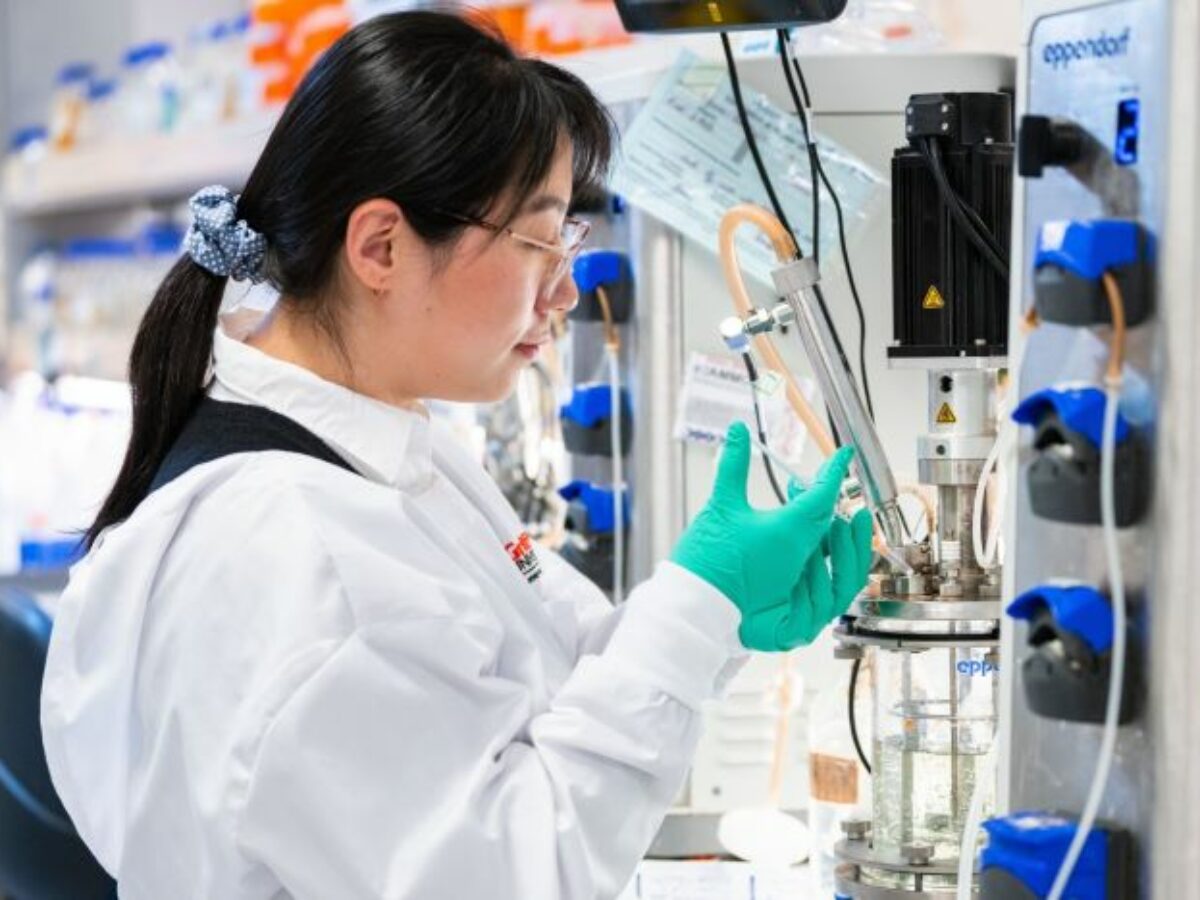BioCina aims for vaccines against biowarfare threats

Pharmaceutical and vaccine manufacturer BioCina is industry partner in an ambitious research project that aims to develop vaccine candidates to protect against biowarfare threats including Q Fever, tularaemia, and melioidosis.
BioCina, the health Security Systems Australia (HSSA) division of defence innovation group DMTC, and academics led by Griffith University, including the Australian Rickettsial Reference Laboratory in Geelong in a two year R&D project.
Defence funding backs the project which aims to establish sovereign capability to rapidly develop and manufacture vaccines against biothreats and emerging infectious diseases at an industrial scale.
This project was identified from an HSSA national call for collaborative proposals in 2022, with funding support from Defence through the Next Generation Technologies Fund.
Themes for the project include the need for vaccine products or platform technologies for infectious disease threats, which aligns with HSSA’s mission to develop medical countermeasures that protect military and civilian personnel against chemical, biological and radiological (CBR) threats, emerging infectious diseases and pandemics.
CEO of BioCina Mark W. Womack tookn to social media and said: “BioCina is honoured to be the manufacturing partner for this innovative project, aimed at providing greater sovereign health protection in Australia.”
Technology developed at Griffith University uses a platform approach, using engineered bacterial cells to rapidly assemble biopolymer particles coated in an immunogenic antigen.
This scalable biomanufacturing process has developed multiple precision-engineered vaccine candidates that are effective against pathogens of interest.
The developed platform technology can provide rapid vaccine design and manufacture.
The Director of the Centre for Cell Factories and Biopolymers at Griffith University’s Institute for Drug Discovery Professor Bernd Rehm said: “There are currently no vaccines approved for melioidosis and tularaemia, and only one approved vaccine for Q Fever.
“The development and potential manufacture of an innovative vaccine candidate could be made possible by the collaborative network of experts involved in this project.”
Picture: DMTC
@aumanufacturing Sections
Analysis and Commentary Awards casino reviews Defence Gambling Manufacturing News Online Casino Podcast Technology Videos





